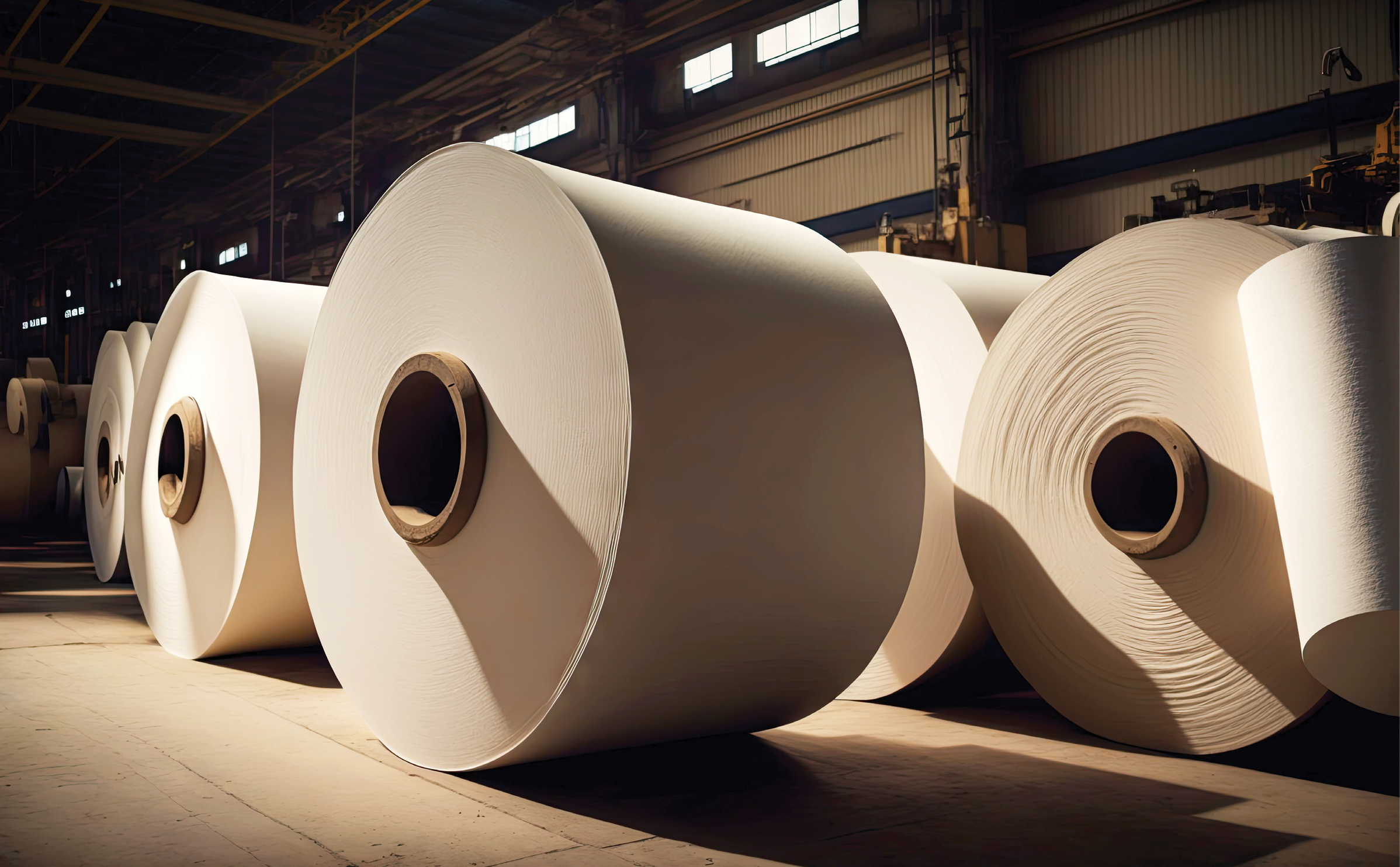Business Opportunities
The focus of CTIL lies in efficiently tapping into the opportunities presented by the external environment of the business. Moreover, by working towards our strategic focus areas, we fulfil our objective to maintain economic growth, while paying adequate attention to environmental and social stewardship. As customer demands and expectations continue to evolve, we have made sure to keep up with the expectations through innovation, responsible business practices, and a sustainable approach to growth.
Real Estate
The real estate market is experiencing a remarkable upswing, characterised by a surge in property values and a thriving sales market. This revitalisation can be attributed to several factors, one of which is the increased customer demand for sustainable and green buildings. In recent years, there has been a significant shift in consumer preferences towards environmentally friendly and energy-efficient properties. People are becoming more conscious of their impact on the environment and are actively seeking out sustainable living options. As a result, we are responding to this growing demand by incorporating green features and sustainable practices into our projects.
Our sustainably certified buildings are designed to minimise their ecological footprint, promote energy efficiency, and utilise renewable resources. They often include features such as solar panels, rainwater harvesting systems, energy-efficient appliances, and advanced insulation techniques. Additionally, green buildings often prioritise the use of eco-friendly materials and construction methods that reduce waste and minimise harmful emissions. Other key opportunities within real estate can be clubbed as:
Mixed-Use Developments: Creating mixed-use developments that combine residential, commercial, and recreational spaces.
Smart Home Technologies: With the rapid advancements in technology, integrating smart home technologies can enhance the value proposition for real estate projects.
Pulp & Paper
For our Pulp and Paper business vertical, the current market trends present several opportunities that can be capitalised on to enhance our business and reputation.
By emphasising on sustainable forestry practices, such as responsible tree harvesting and reforestation efforts, we can ensure a steady supply of raw materials while preserving the environment. This commitment to sustainable sourcing not only meets our customer expectations but also enhances the Company's reputation as an environmentally responsible industry player. Additionally, being Forest Stewardship Council (FSC) certified, supports us in providing a competitive edge in the market by assuring customers of the sustainable origin of the Company's products.
The adoption of renewable energy sources, such as solar, biomass presents an opportunity for our Pulp and Paper vertical to reduce carbon footprint and operating costs. Furthermore, we have also implemented waste reuse initiatives, such as using residual biomass from the production process as a source of bioenergy or converting waste products into value-added materials.
By developing and implementing technologies that reduce the use of chemicals, we can minimise our environmental impact and improve the sustainability of our products. For example, exploring alternative bleaching methods that require fewer or no chlorine-based chemicals can be both environmentally friendly and cost-effective. Additionally, reducing the amount of packaging material used in product packaging can lower production costs, optimise transportation efficiency, and align with the increasing consumer demand for sustainable packaging solutions.

Textiles
We are expanding our portfolio in Man-made Cellulose Fibres (MMCF) such as viscose, modal, and lyocell, which are derived from natural materials like wood pulp or bamboo and adding MMCF to the product portfolio diversifies the range of fibers offered by the Company. By offering MMCF alongside traditional natural fibers like cotton. The vertical can position itself as a comprehensive and versatile supplier. Also, the production process for MMCF generally requires less energy and produces fewer greenhouse gas emissions compared to synthetic fibers. For Textiles business vertical we have also entered in power purchase agreements for increasing the contribution of renewable energy consumption.



